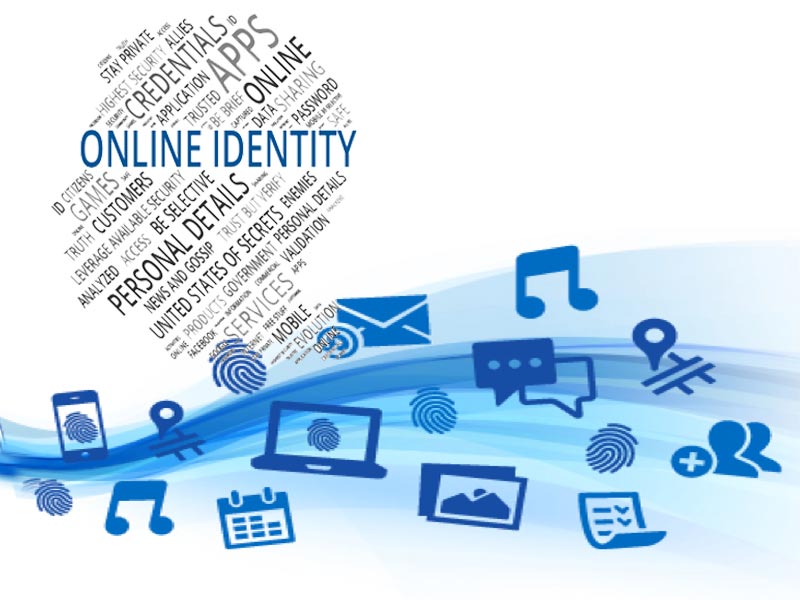
Identity verification software is the future of banking, and it’s already started to change the way customers interact with their banks. Banks across the world are implementing new identity verification software to help reduce fraud, increase customer satisfaction and engagement, and improve their overall security. Additionally, new technologies like artificial intelligence have made it possible for banks to analyze large amounts of data to detect fraud early on before it becomes a problem for their customers.
There will be more access to banking
The future is bright for financial services. This is because of two major developments. The first is that there will be more access to banking services. More people will have access to banking services, which means they can perform more transactions with their bank accounts.
Secondly, there will be more able to do these transactions at any time and anywhere. This means that you will be able to open a bank account at any time during the day or night and do your banking transactions using your mobile phone rather than having to go into a physical branch office to get things done quickly and easily without wasting time driving somewhere just so you can open an account or make a deposit or withdrawal from one’s account.
Better customer service
Giving customers the best customer service possible is the most important part of banking. It’s one of the most important aspects of any industry, especially financial services.
Customer service is also a crucial component in helping you retain customers and increase their satisfaction with your product or service. If you can make sure your customers are happy, they will be more likely to do business with you again in the future. To provide excellent customer service means having access to high-quality information about each account holder—and that’s where identity verification software comes into play.
Less vulnerability and threats
Identity verification software reduces the chances of identity theft, fraud, money laundering, cybercrime, or terrorism. This is because it will be impossible for any hacker to get your details through a network breach while they are being verified by the software.
More convenience and speed of transactions
In addition to the security benefits, banks can also benefit from the speed and convenience of ID verification software. Because it’s an automated process, there are no longer delays in verifying your identity, which means you can get started with your transaction quickly and easily. This is great for customers because it means you don’t have to wait around any longer than necessary to start using their services.
However, it also means that banks won’t have as much time invested into each customer (which can be seen by some businesses as a good thing). While this may seem like a con at first glance (and indeed could be if they want more personalized service), the fact that transactions can take place more rapidly means that more people will be serviced within a certain amount of time (and therefore potentially increase revenue).
There will be a shift to new online banks
This is the biggest implication for online banking. The technology exists to verify identity online in minutes, but not all banks have it yet. As those who do adopt this new technology start to see the benefits, many other banks will follow suit to remain competitive and offer better security, convenience, speed, and customer service than their competitors. This will mean less vulnerability and threats for customers as well because now they can trust that their information is safe even as they’re shopping around for different financial providers or opening new accounts with other banks in real-time without having to wait days just so someone else can manually verify their identity first.
Conclusion
Identity verification software has the potential to transform the banking industry by making it more accessible, secure, and convenient for everyone. It will also make it easier for banks to comply with new regulations, while also allowing them to compete with fintech companies who offer services like mobile payments or money transfers without needing a physical branch or office location.